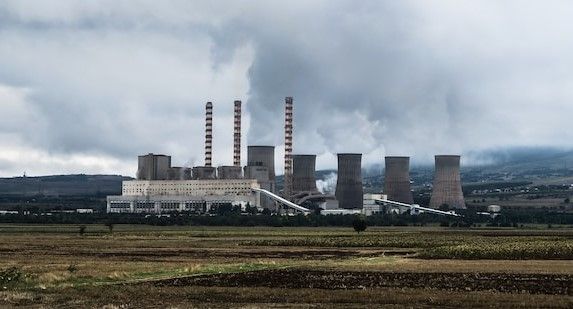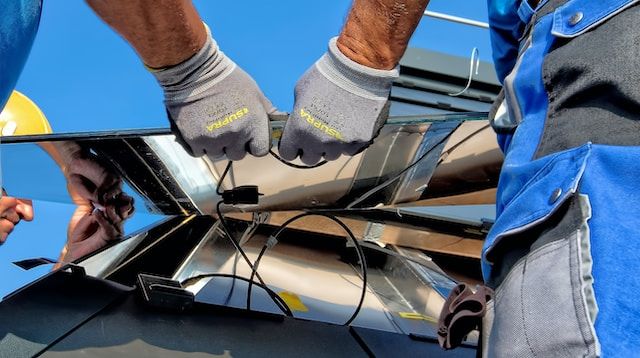As it stands, most of the world is on the same page when it comes to climate change, with 99.9%of peer-reviewed scientific studies showing that the planet is heating up as a result of human activity.
This belief is now firmly established in political discourse, with all major heads of state acknowledging that humankind must change its ways or risk catastrophic weather patterns, sea level rises, and more frequent extremes of drought and flooding.
The challenge for the chemical industry – a sector with a long and economically healthy relationship with fossil fuels – is how to manufacture all of the industrial chemical products which the modern world needs in a sustainable and net zero way.

Fortunately, the largest industrial chemical corporations are run by men like Jean-Marc Gilson, President and CEO of the Mitsubishi Chemical Group.
“We are really trying to refocus the company,” he said, before noting that he is focusing the company on “making materials that enable the transition.” This means making chemical products that can be used to make other sectors of the economy more energy efficient, sustainable, or have a smaller impact on climate change.
“In order to do carbon neutrality,” Gilson explains, “you need lithium for batteries, you need carbon fibers for lighter materials for bigger windmills ... new high-power semiconductor[s], gallium nitride.”

Like all major chemical corporations, Mitsubishi is still dependent on petrochemical feedstocks. These emit vast amounts of CO2, but the plan is to reorganize the business away from this unsustainable model. Instead, Gilson sees advantages to be had in focusing on more ecologically sound market sectors. This is not through a pure philanthropic goal, but because these sectors are growing, and are predicted to grow even more rapidly as the effects of climate change increase.
Gilson is the first foreign CEO of Japan's largest chemical corporation, Mitsubishi Chemical Holdings, now operating under the name Mitsubishi Chemical Group. He formerly headed up the French manufacturer of plant-based ingredients, Roquette Group before exporting his green-chemical vision to a larger market.
Mitsubishi intends to broaden its influence in these developing markets through acquisitions. For example, Gilson recently arranged for the purchase of CPC, an Italian car component manufacturer, “because they make carbon fiber parts for cars like Lamborghini, Ferrari.”
It is a deal that was done not only because the company was a leader in its field, but, as Gilson explains, “Because we know, that in the future ... lightweight material focused on reducing the weight of cars is [going to be] really big.”

The company is also increasing its attention on recycling and has recently developed a technology which is able to recycle the glass and metal used in solar panels.
This has been achieved through one of Mitsubishi’s many subsidiaries – Shinryo– which was able to create a process which can turn the sealant used to bond solar panel components into a gas at high temperatures. This allows the panels’ raw materials, such as copper, aluminium, glass, and silver to be more efficiently recovered. A discovery which has reduced recycling costs by as much as 30%, while taking the Japanese economy another step closer to circularity.

Turning a vision into a reality is not an easy procedure. Instead, it requires specific, measured steps, and a well-laid out strategy to make a simple idea (turning a fossil-fuel dependent industry into a carbon neutral one) become reality. Especially with the deadlines for action fast approaching.
However, with proper planning, direct purpose, accurate investment, and plenty of innovation the chemical industry is steadily achieving its goals.
Photo credit: Ricardo Gomez Angel on Unsplash, Jason Blackeye, freepik, Brandon Atchison, & Wikipedia Commons